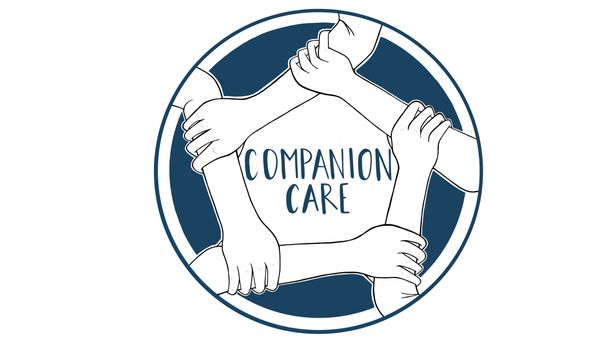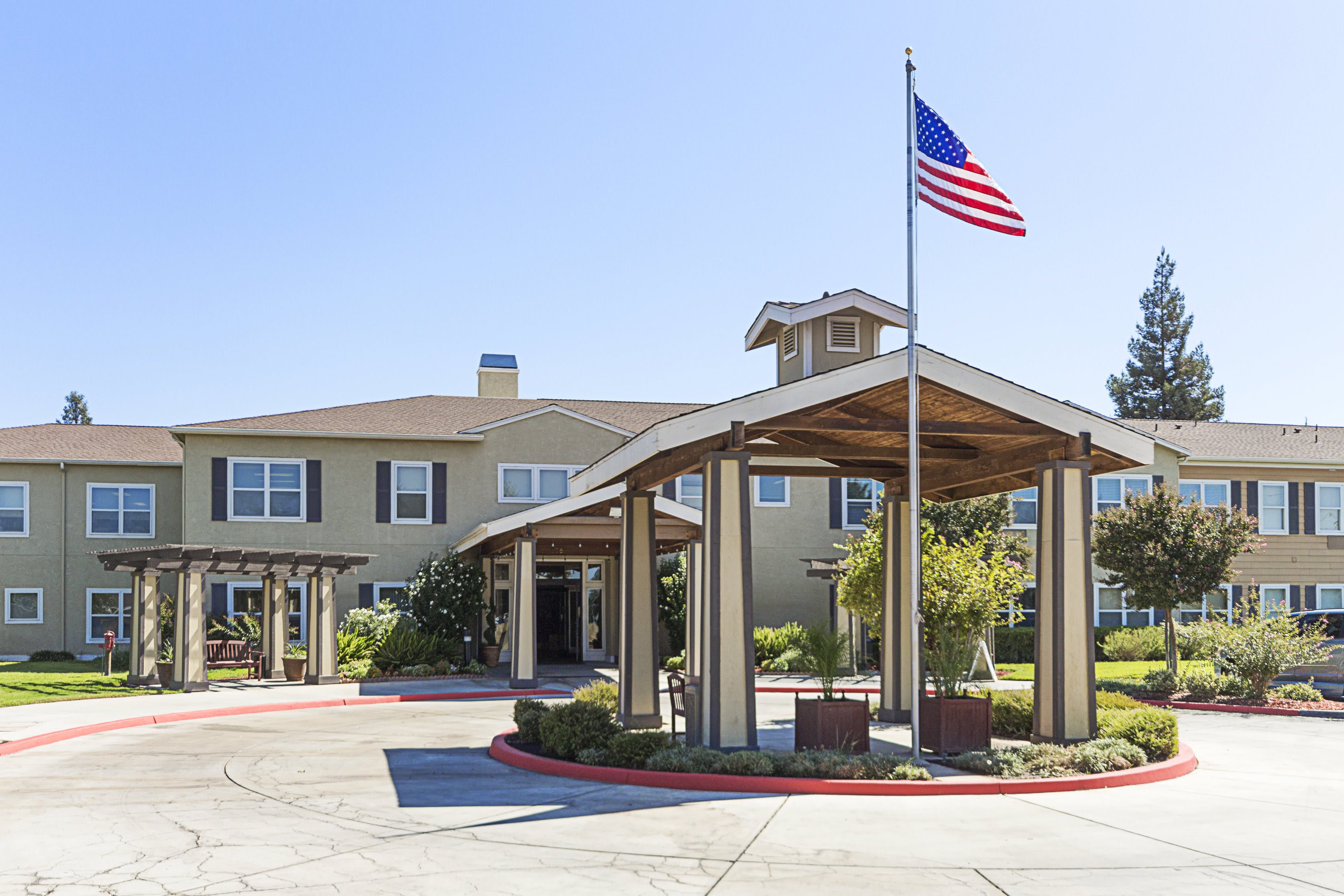
It is crucial to plan and coordinate the care of the elderly, and other individuals with impairments, when managing geriatrics. This approach is focused on improving the quality of life for the patient and preserving independence. These are the 10 principles of geriatric management. This article will provide a detailed explanation of these principles. It also highlights the importance of a geriatric management team and the costs associated with home geriatric services.
Geriatric care: 10 principles
Geriatric care has the primary goal to promote independence and emotional stability for elderly patients. Because of the physiological changes associated with aging, an older population is at greater risk for developing acute illness such as heart failure or pneumonia. Geriatric patients require multidisciplinary care. Additionally, the biopsychosocial method integrates all factors that affect elderly people.
Senior citizens are often diagnosed multiple chronic illnesses. One condition may have an effect on another. Geriatric care often involves multiple fields, so it is often multidisciplinary. To ensure the best possible diagnosis for each patient, a geriatric manager coordinates a multidisciplinary approach. Geriatric care managers are a great resource for seniors because of their wide range in training and experience.

Geriatric care is best if it's done in a multidisciplinary way
Geriatric care must be approached from multiple disciplines in order to provide holistic care to older adults. The Interdisciplinary Team (or IDT) is a group of experts from different disciplines that work together to plan and deliver care. They set common goals and work towards achieving them. This multidisciplinary team can work in the IDT. IDT offers many benefits. Continue reading to discover more about this type of care.
The interprofessional team should comprise the following members: doctor, nurse, registered dietan, physical therapists, occupational therapists, pharmacist, family members, and pharmacist. Each member of the interprofessional team should be able to give input. This will ensure that all plans are consistent. There won't be any communication breakdowns. The interprofessional round is also a forum for team members to ask questions or voice concerns. For patients in an ICU, interdisciplinary teams are essential.
Home geriatric care costs
Geriatric homecare costs vary from one provider to another. The costs shown on the map are for approximately 20 hours per week. The cost of a more intensive program that requires twenty hours per day would be higher. To reduce costs, some providers offer financial assistance. You can also ask about financial assistance options before hiring a caregiver. Find out how much home geriatric care costs.
A typical home care agency will charge a monthly fee of around $713 for seven hours of care, but some will charge more. A short visit once a day may provide the care that an aging parent needs. For an independent senior, a two hour visit may suffice to ensure he or she is able to live a relatively healthy life. If, however, a person needs more assistance, a daily visit of two to three hours may be enough.

You need a geriatric care manger
It can be hard to keep up with all the responsibilities of aging, especially as the population age. More senior citizens are facing specialized health care needs. The best place for your loved one to live depends on their physical health and preferences. Care managers are experts in this field and can help you navigate the many complexities of aging. Here are some reasons a geriatric care manger might be a good option for your senior loved-one.
- Know the professionals and credentials of geriatric care managers. They should have a credential in social work and/or health care. They should have knowledge about local health care and disabilities services. They should also have the answers to questions outside their area of expertise. When interviewing potential candidates, ask them questions about their credentials and experience. Be sure to create a schedule.